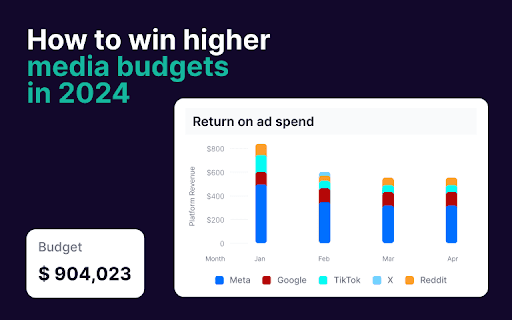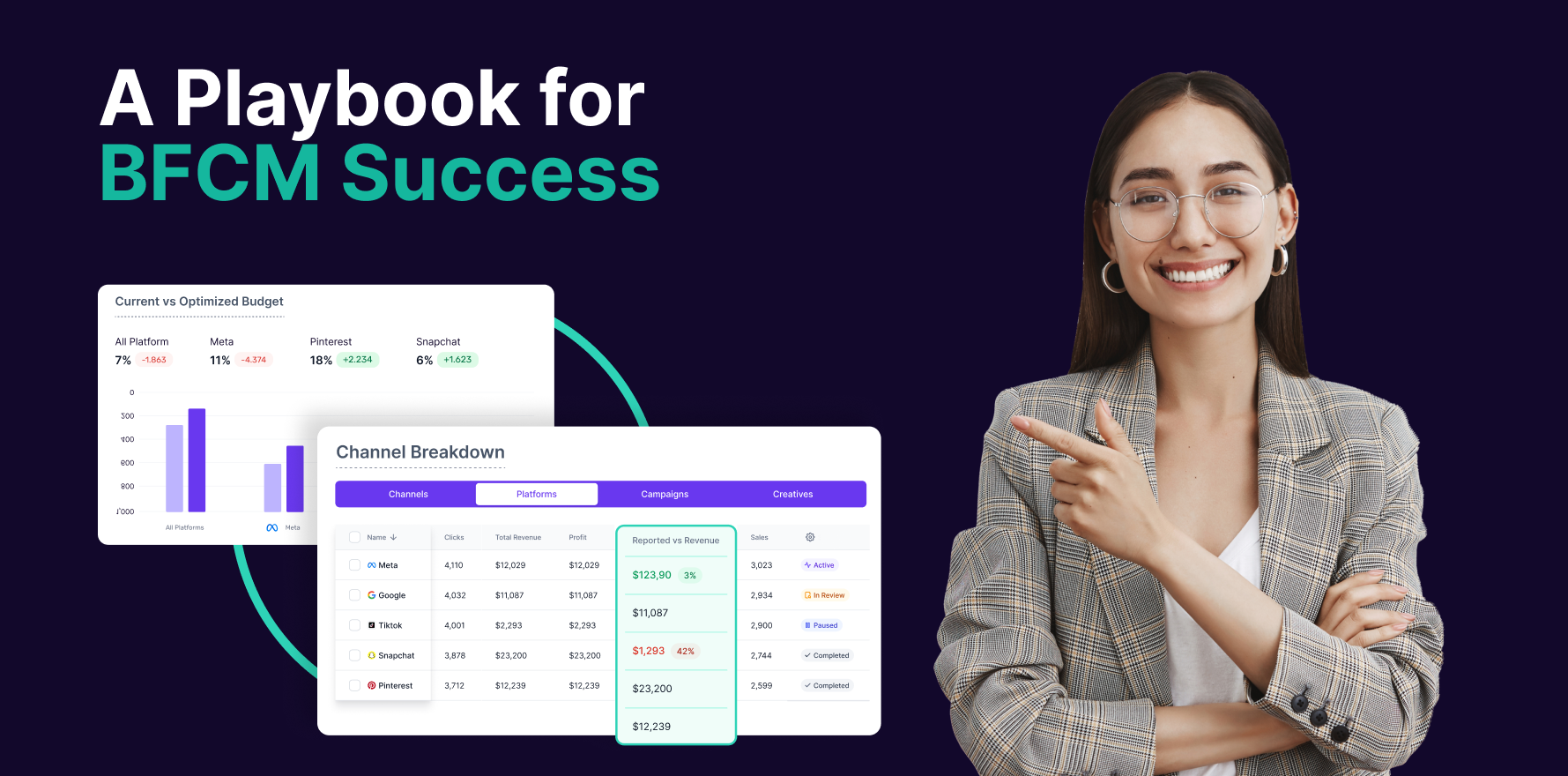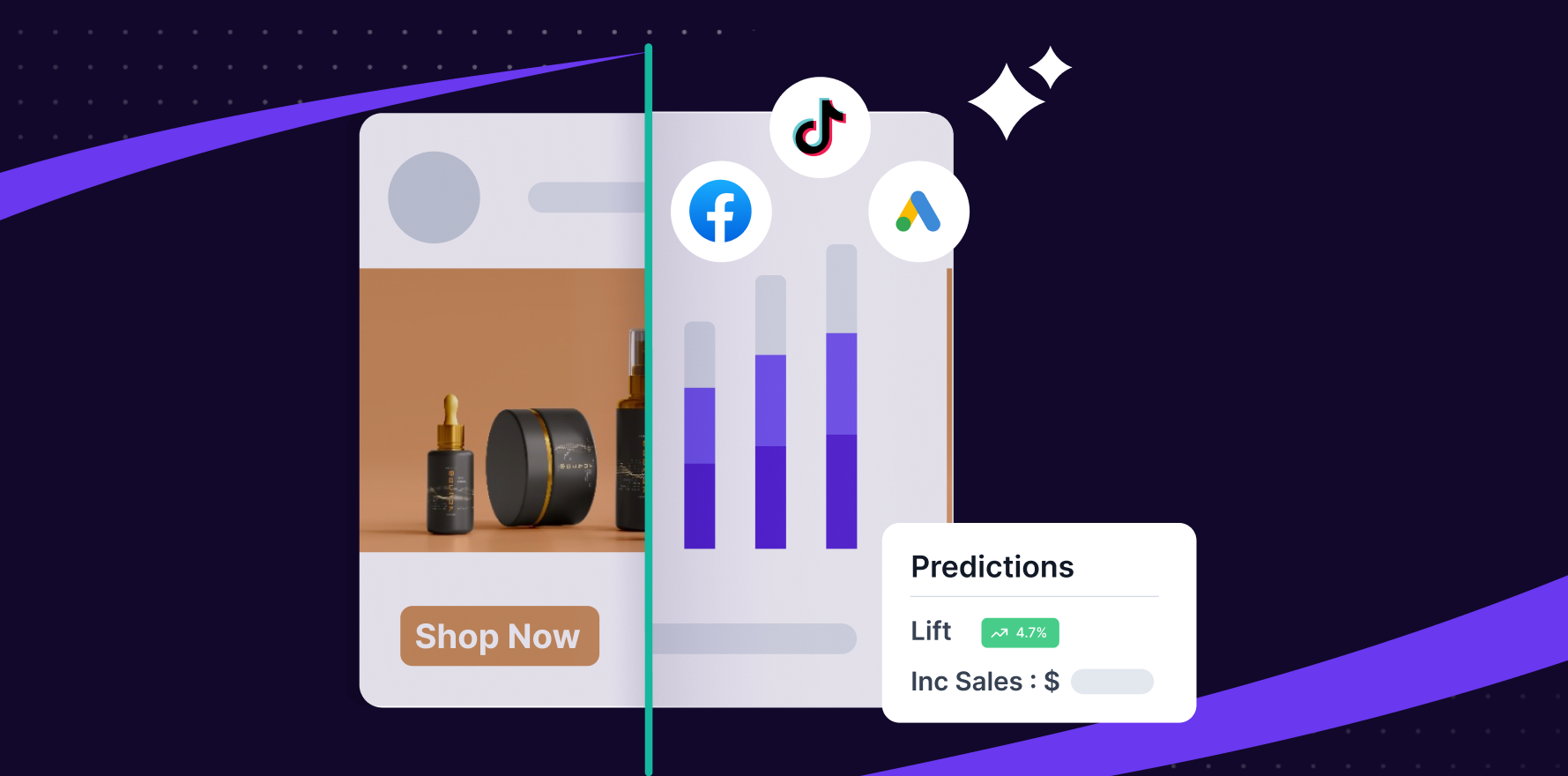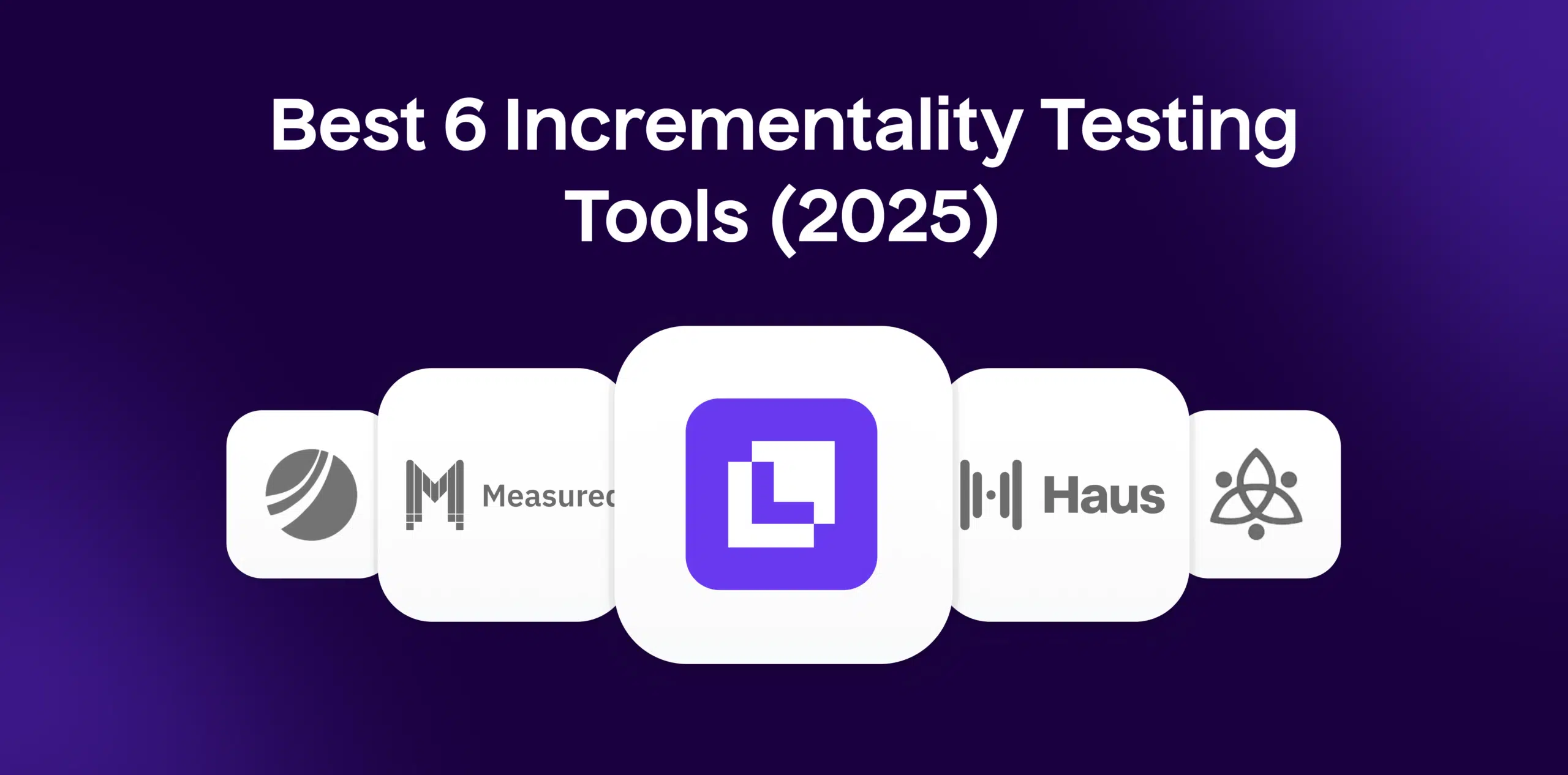What is Quality score?
Quality score is a metric that plays a crucial role in determining the effectiveness and success of advertisement campaigns on eCommerce platforms. It is an estimate of the quality and relevance of your ads, keywords, and landing pages to a user’s search query. Quality Score is used by platforms such as Google Ads and Microsoft Advertising to evaluate an ad’s relevance and to ensure that users see high-quality ads that are most relevant to their needs.
Formula
Quality Score = Relevance + Landing Page Experience + Expected Click-Through Rate
Example
An ecommerce store running a Google Ads campaign for a specific product. The Quality Score factors in relevance, landing page experience, and expected click-through rate.
Relevance = 8/10
Landing Page Experience = 7/10
Expected Click-Through Rate = 9/10
Quality Score = (8/10) + (7/10) + (9/10)
Quality Score = 24/30
Quality Score = 0.8
In this example, the Quality Score for the specific ad or keyword is calculated as 0.8. The higher the Quality Score, the better the ad or keyword is considered in terms of relevance, landing page experience, and expected click-through rate. A higher Quality Score often leads to better ad positions and lower costs in online advertising campaigns.
Why is Quality score important?
Quality Score is essential for several reasons:
- Cost-Per-Click (CPC): A higher Quality Score can reduce your cost-per-click, making your ad campaigns more cost-effective.
- Ad Position: Quality Score partially determines your ad’s position on the search results page.
- Ad Rank: A higher Quality Score improves your ad rank, increasing the chances of your ads showing up in the search results.
Which factors impact Quality score?
Several factors can influence your Quality Score:
- Keyword Relevance: Using relevant keywords in your ad campaigns can improve your Quality Score.
- Ad Text Relevance: Ads with relevant and engaging content will have higher Quality Scores.
- Landing Page Quality: A well-designed landing page that is relevant to the user’s search query can improve your Quality Score.
How can Quality score be improved?
Improving your Quality Score can lead to better ad placements, lower CPC, and ultimately, improved return on investment. Some tips to improve Quality Score include:
- Creating relevant and engaging ads that use high-quality keywords.
- Developing landing pages that provide clear and concise information to users.
- Continuously monitoring and optimizing your campaigns for performance.
- Utilizing ad extensions to enhance your ads with additional information.
What is Quality score’s relationship with other metrics?
Quality Score directly influences other eCommerce metrics:
- Conversion Rate: A higher Quality Score demonstrates that your ads are highly relevant, targeting the right audience, which can lead to a better conversion rate.
- ROI: An improved Quality Score can lower your cost-per-click, leading to increased return on investment for your ad campaigns.
Free essential resources for success
Discover more from Lifesight
























































